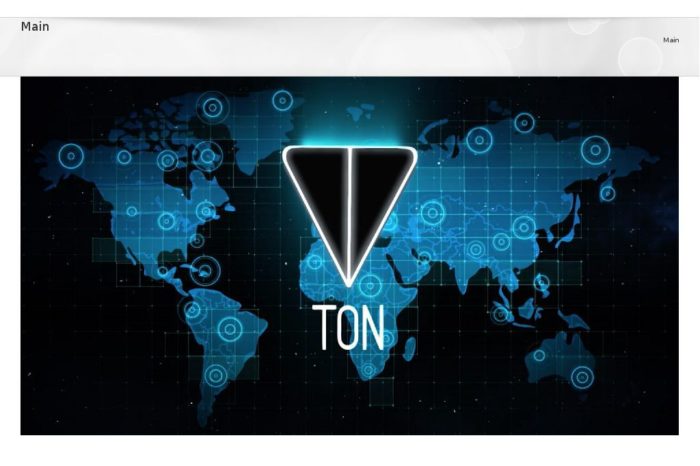Lithuania’s Central Bank unveils blockchain regulatory and technological sandbox for startups

The Central Bank of Lithuania has launched a new regulatory and technological “sandbox” for startups working with blockchain. Last week, the bank announced the “LBChain” initiative sandbox platform-service to encourage domestic and foreign startups to develop and test fintech blockchain solutions. The platform-service currently being developed by the Bank will also enable companies to gain new knowledge, carry out blockchain technology research, adapt and test financial products in a limited setting and under the auspices of regulators.
“Blockchain technology has tremendous potential for innovations that will benefit consumers in both the financial and public sectors. Giving businesses room for the regulated development of this technology will make our country increasingly attractive for investment and help us attract the best talent, as well as make Lithuania a home for innovations,” states Marius Jurgilas, Member of the Board of the Bank of Lithuania.
The Bank of Lithuania will also provide LBChain participants a technical platform and consultations on applicable regulations. It is planned that this platform’s facilities will only be available to innovative companies selected according to certain criteria that devise and develop blockchain technology based services and solutions. Upon confirmation of the project’s co-financing with EU funds and completion of preparations, the LBChain platform/service could be launched already in 2019.
‘This platform will contribute to the creation of better conditions in Lithuania for the development of the FinTech business and innovation-friendly regulation, as well as help the Bank of Lithuania keep pace with technology innovations that change financial institution activities,’ says Mr Jurgilas.
The news comes after the bank published its policy and guidance on virtual currencies and initial coin offerings (ICO) in October 2017. In a statement released on its website, Marius Jurgilas, Member of the Board of the Bank of Lithuania said, “Virtual currency is an instrument involving high risk, while profiteering on it may lead to significant losses of funds. Therefore, in order to protect the customers of financial institutions, financial institutions legally operating in our country and supervised by the Bank of Lithuania must strictly dissociate themselves from this product type in their activities. An illusion that virtual currencies are supervised or safe can in no way be created.”
In late 2017, Estonia, Latvia, and Lithuania signed a Memorandum of Understanding (MoU) on their cooperation for regional capital market development with blockchain technology as a possible area of cooperation.

